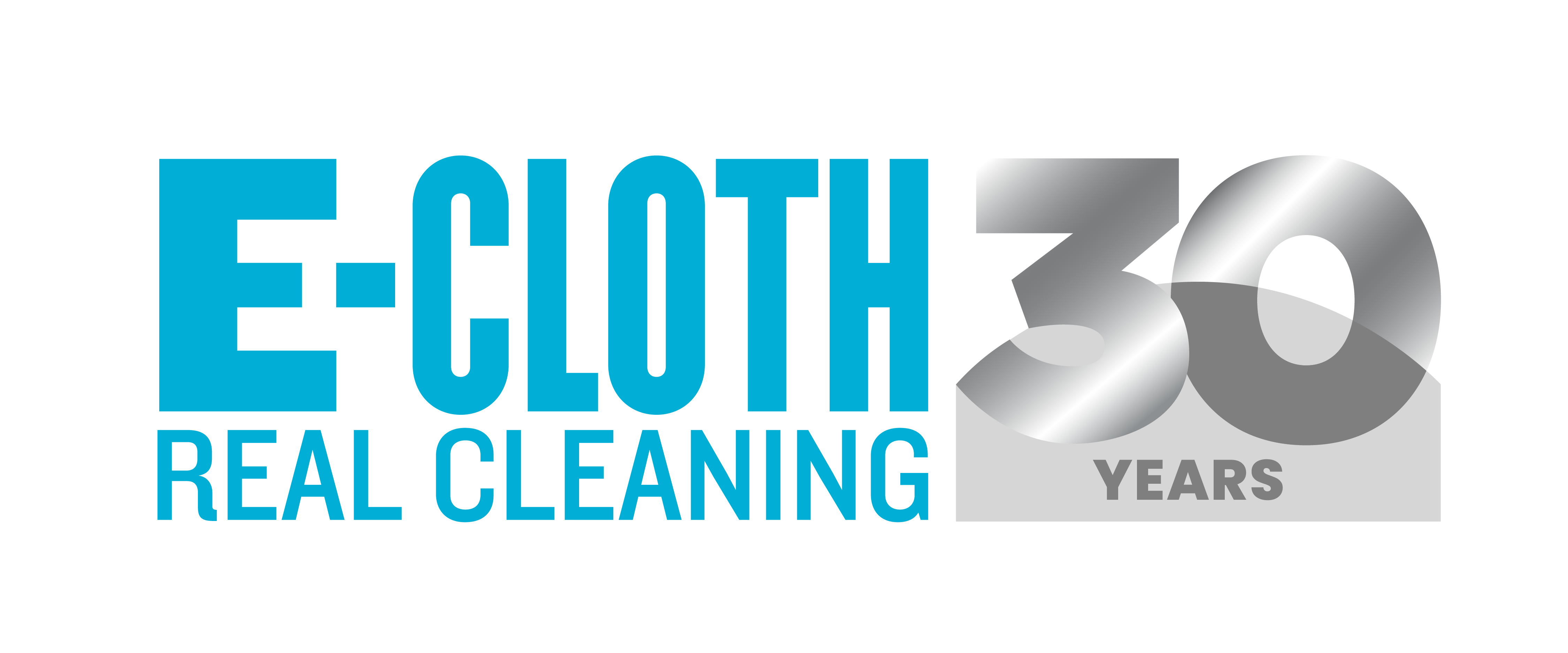Table of content:
How Often You Should Clean Your Pantry
Consequences of Skipping Pantry Cleaning
DIY Methods to Clean Your Pantry
A clean pantry is essential for maintaining a safe, organized, and efficient kitchen. Knowing how often to clean your pantry can help prevent food waste, keep pests at bay, and make meal prep easier. By establishing a regular cleaning routine—balancing deep cleans with quick monthly check-ups—you can avoid common pitfalls like expired food, clutter, and unpleasant odors. Consistent upkeep not only protects your food quality but also saves you time and money in the long run, ensuring your pantry remains a helpful, stress-free space in your home.

A Clean You Can See
Our high-performance microfiber products simplify cleaning, making it quick, easy, and effective, so you can enjoy visible results without the fuss. No streaks, just results.
How Often You Should Clean Your Pantry
When to Tidy Up Your Pantry
The frequency of cleaning your pantry depends on how quickly food moves through it and how many new items are added over time. As a rule of thumb, it's **highly recommended** to do a thorough cleaning at least **twice a year**—once in the spring and once in the fall. This schedule helps you manage inventory, check for expired items, and avoid surprises like forgotten packages or seasonal pests.
In addition to a deep clean, consider a quick monthly check-up. This doesn't have to be an all-out cleaning session but rather a moment to scan for:
- Expired items – Items past their prime can impact food quality and take up valuable space.
- Duplicates – Clearing out extras helps keep your pantry organized and reduces clutter.
- Crumbs and spills – Regular spot-checks ensure that any small messes don't build up over time.
This combined approach provides the best of both worlds: a sound organizational structure and a clean, efficient space. The thorough biannual cleaning allows you to rearrange shelves for optimal accessibility, and the monthly touches mean you catch potential issues before they become big problems. It's not just about aesthetics; it’s about keeping your food safe and accessible while minimizing stress whenever you reach for that can of soup.
Remember, consistency is key. A tidy pantry makes meal prepping simpler and helps you avoid overbuying, which can lead to clutter and waste. Adjust the frequency based on your household's usage, and you'll find the sweet spot that keeps your space both clean and well-stocked.
Streak-Free Wherever You Need It
E-Cloth is committed to delivering a clean you can see—effortlessly erasing messes with just water for a spotless shine, free of streaks and added chemicals.

Consequences of Skipping Pantry Cleaning
Consequences of Skipping Pantry Cleaning
- Uninvited Guests (Pests): Skip cleaning your pantry and you’re basically rolling out the red carpet for ants, moths, and even mice. Crumbs, spilled grains, and forgotten snacks are a buffet for critters. Once they move in, it’s a lot harder to get them out than it is to keep them away in the first place.
- Expired and Stale Food: When you don’t regularly check your pantry, expired items pile up. Not only does this waste money, but it also means you might accidentally use something past its prime. Stale crackers and mystery cans aren’t anyone’s idea of a good meal.
- Cross-Contamination: Old spills and open packages can lead to cross-contamination. That’s when flavors, odors, or even crumbs from one food end up in another. Ever had your sugar taste faintly like garlic powder? Not a treat.
- Unpleasant Odors: Forgotten onions, spilled spices, or a rogue potato can turn your pantry into a smell zone. Odors from spoiled or spilled food can linger and even seep into other foods, making everything less appetizing.
- Wasted Space: A cluttered, unclean pantry hides what you actually have. You end up buying duplicates or missing out on using what you already own. It’s like a black hole for your grocery budget.
- Harder to Clean Later: The longer you wait, the tougher the job gets. Spills harden, crumbs multiply, and sticky spots become science experiments. Regular cleaning keeps things manageable and saves you from a major scrub-down later.
- Reduced Food Quality: Dust, crumbs, and humidity can affect the quality of your food. Even packaged goods can lose their texture or flavor if they’re stored in a messy, unkempt space.
DIY Methods to Clean Your Pantry
.svg)
Vinegar and Baking Soda
Sprinkle baking soda on pantry surfaces, then spray with white vinegar. Let the mixture fizz for a few minutes, scrub gently, and wipe clean with a damp cloth. This combination lifts grime, neutralizes odors, and leaves your pantry fresh and clean.
.svg)
Lemon Juice and Salt
Sprinkle salt over pantry surfaces, then squeeze fresh lemon juice on top. Scrub gently with a sponge or cloth, allowing the mixture to lift stains and deodorize. Wipe clean with a damp cloth for a fresh, natural finish.
.svg)
Hydrogen Peroxide and Water
Mix equal parts hydrogen peroxide and water in a spray bottle. Spray the solution onto pantry surfaces and let it sit for a few minutes. Wipe clean with a microfiber cloth to disinfect and remove stains naturally.
.svg)
Rubbing Alcohol and Water
Mix equal parts rubbing alcohol and water in a spray bottle. Spray onto pantry surfaces and wipe with a clean cloth. This solution disinfects and removes grime, leaving shelves fresh and clean.
.svg)
Limited Sanitizing Power
Vinegar and baking soda have limited sanitizing power and may not effectively kill all bacteria, mold, or pests in the pantry. This DIY method can leave behind harmful germs, making it less reliable for thorough pantry cleaning and food safety.
.svg)
Hidden Mold Growth
Lemon juice and salt may not fully eliminate hidden mold in pantry areas, allowing spores to persist and spread. This method lacks the strength to penetrate porous surfaces, leading to recurring mold growth and potential health risks.
.svg)
Residue Recontamination Risk
Using hydrogen peroxide and water may leave behind chemical residues if not rinsed properly, posing a risk of recontaminating pantry surfaces and food items, especially if the solution is too concentrated or not wiped off completely.
.svg)
Ineffective Odor Removal
Rubbing alcohol and water may not fully neutralize strong or lingering pantry odors, as they primarily disinfect surfaces but lack the deodorizing power needed to eliminate deep or persistent smells.
Ready for an Easier Way to Clean?
Skip the mixing, spraying, and scrubbing. With E-Cloth, you get a streak-free shine using just water—no added chemicals, no hassle. Make every window sparkle the simple way.
Explore other Articles
Headphones
Learn how often to clean your headphones for optimal sound and hygiene. Simple tips to keep them fresh and lasting longer.
Bookshelves
Discover the ideal frequency to clean your bookshelves for a dust-free, organized, and fresh home library.
Jeans
Discover the ideal frequency to clean your jeans for lasting style, comfort, and fabric care. Keep them fresh and durable!
Range hood filter
Learn how often to clean your range hood filter for optimal kitchen air quality and appliance efficiency. Keep it fresh and safe!
Washing machine
Learn how often to clean your washing machine for optimal performance and freshness. Keep your laundry fresh and your machine efficient!
Garage floors
Discover the ideal frequency for cleaning your garage floors to keep them spotless and well-maintained year-round.
Experience Real Cleaning
A Clean You Can See
Experience Real Cleaning


